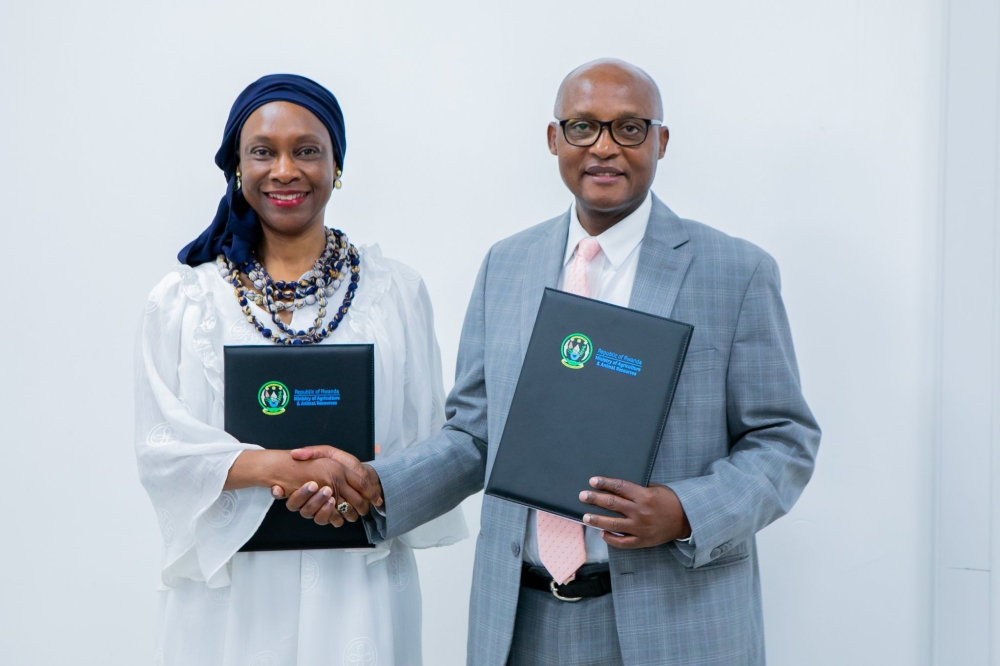In order for a country to fight poverty and register growth, a vibrant private sector is critical. However, for the private sector to thrive, a well functioning financial system is necessary.

In order for a country to fight poverty and register growth, a vibrant private sector is critical. However, for the private sector to thrive, a well functioning financial system is necessary.
Finance is central for private sector development and vice versa, and both revolve around behavior and performance of existing enterprises qnd economic activities.
It is, therefore, good news that in this year’s government and Development Partners’ Meeting (DPM), focus will be on achieving concrete solutions on how to boost the private sector.
There are many bottlenecks to private sector growth. Some of these, according to the Ministry of Finance, are access and affordability of credit, over collateralization and high equipment costs, high costs of borrowing and infrastructure constraints. Low technical capacity and low business skills, as well as the limited functioning of the Rwanda Capital Markets Authority.
Now that the constraints have been identified, how will they be rectified? Hopefully the 2010 DPM under the theme: "Effective Aid to leverage Private Investments and the Millennium Development Goals”, will come up with some answers.
The delegates should also consider the mindset of the business community with regard to credit. Many are apprehensive about acquiring loans, even when they have viable business plans. Probably this is due to high costs of borrowing.
Whatever recommendations will be reached, they should be availed to stakeholders so that this does not end up being another of those many conferences that are filled with great dialogue and no tangible results.
Ends






